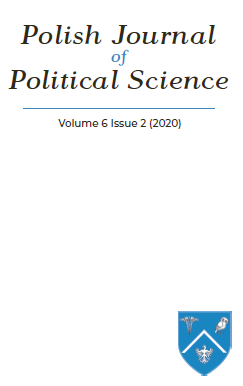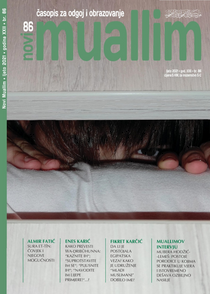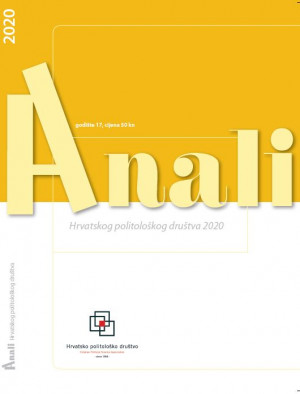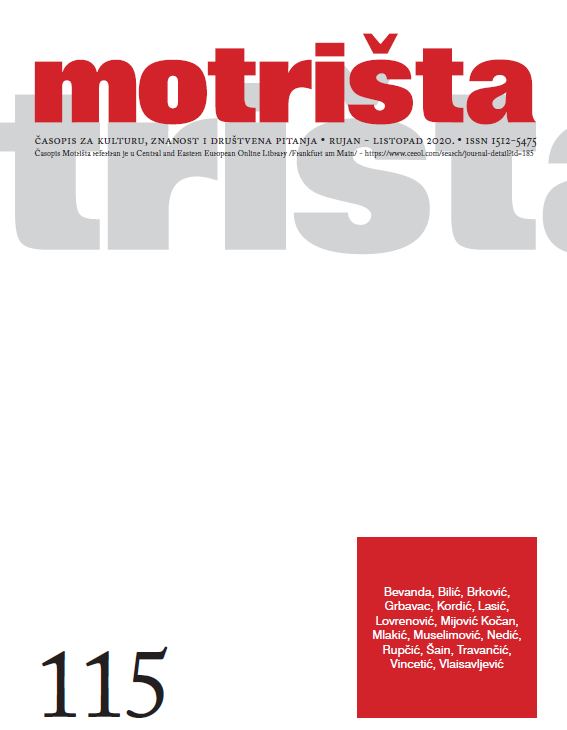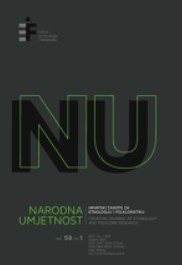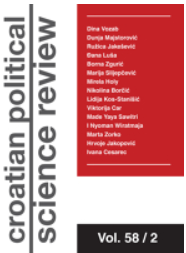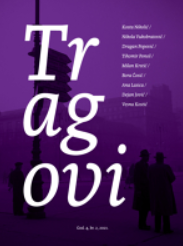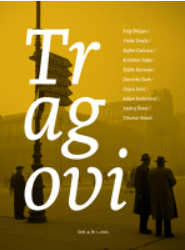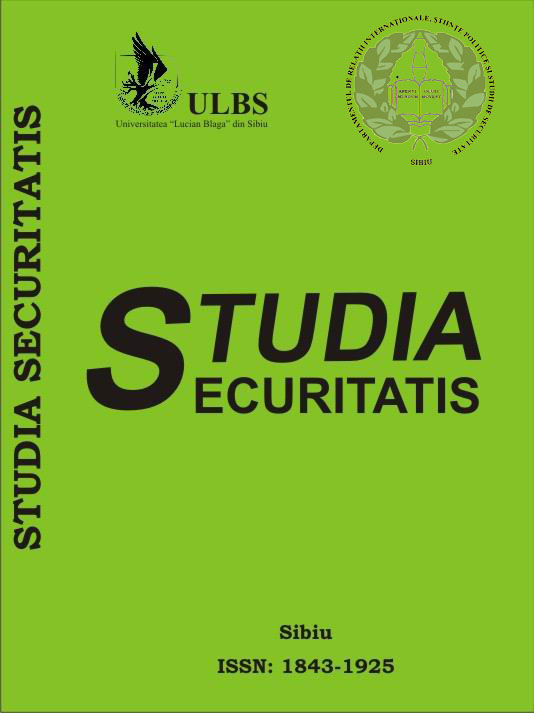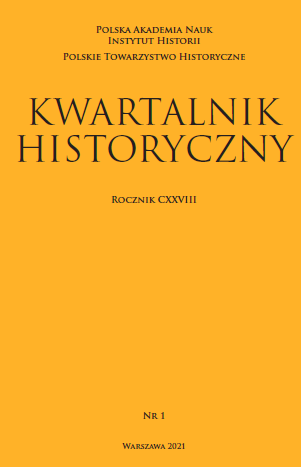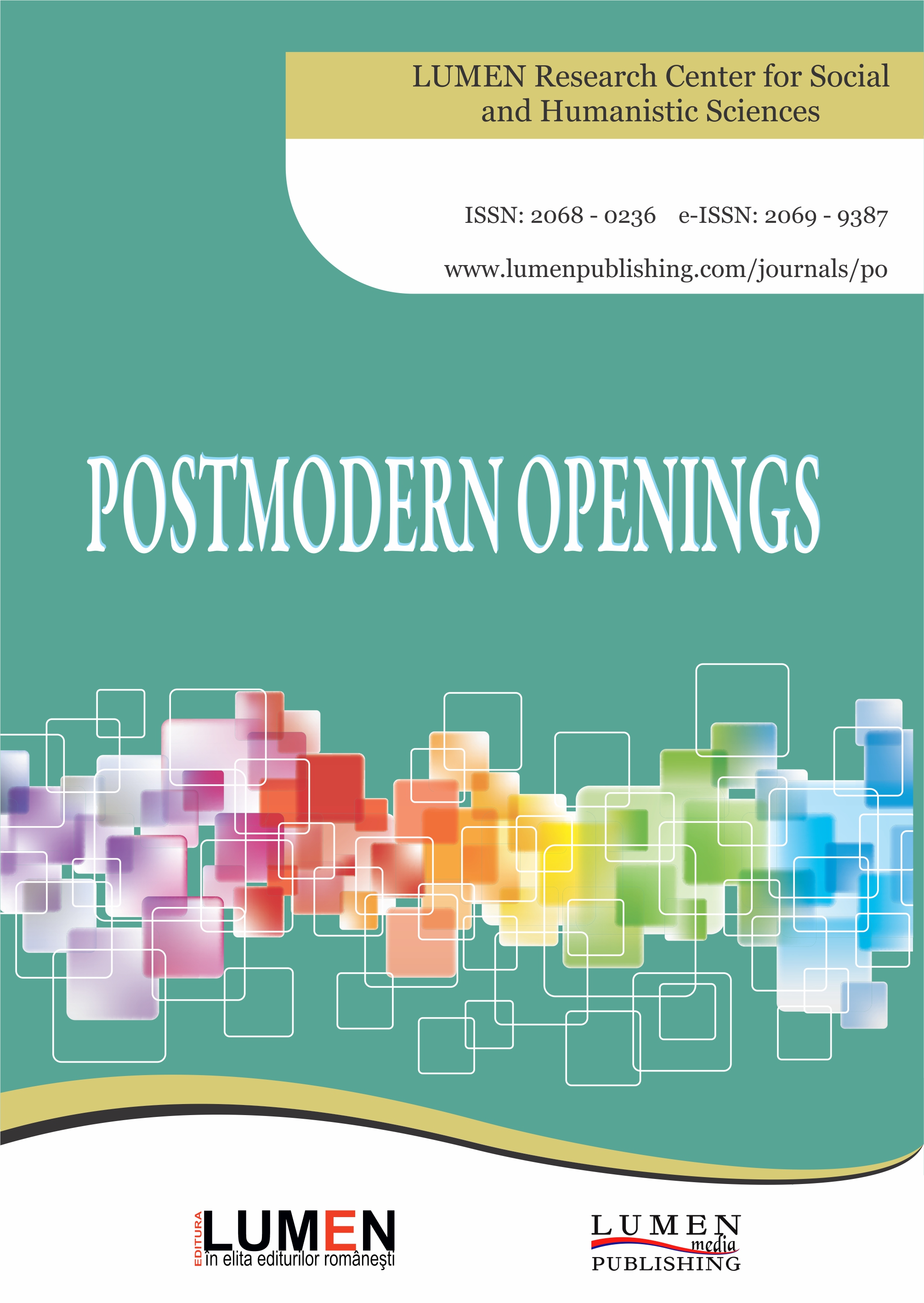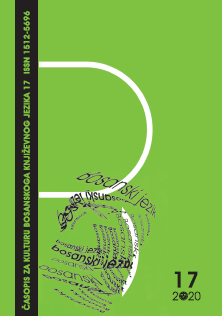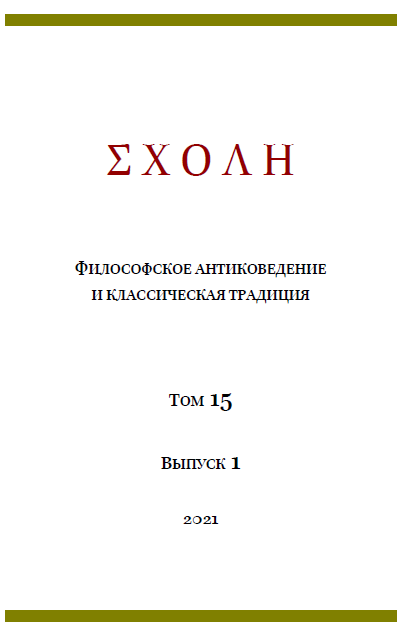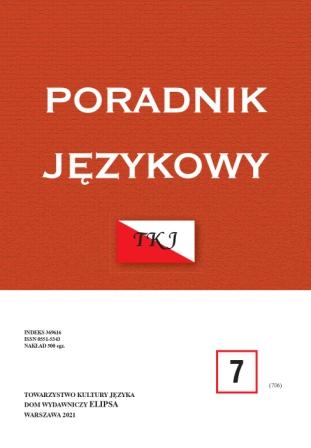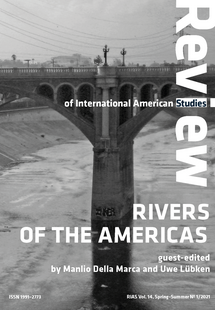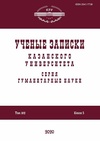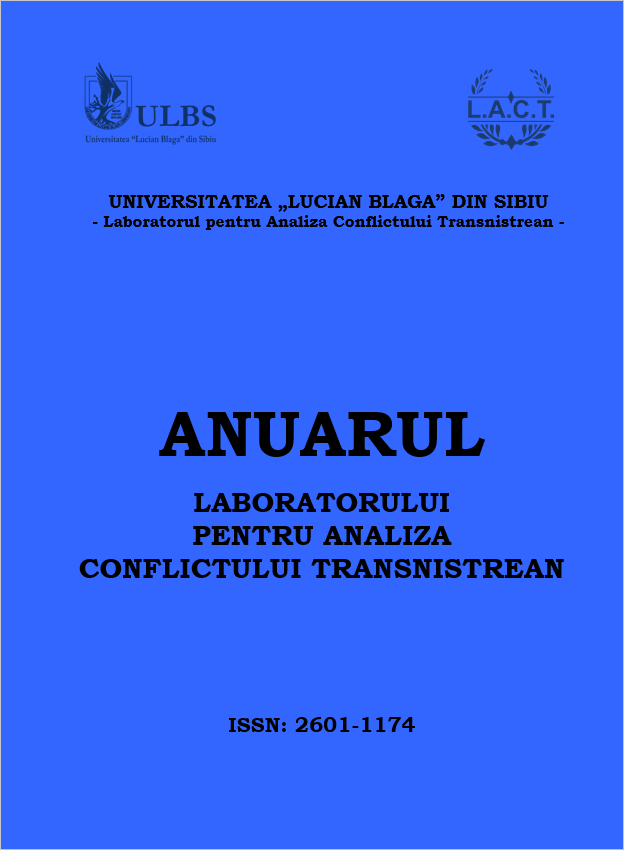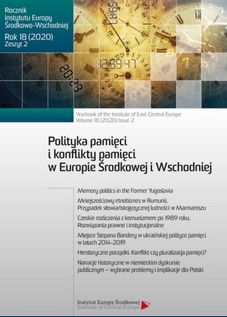Author(s): Dejan Ajdačić,Davor Nikolić,Irena Miholić,Tanja Halužan,Ljiljana Pešikan-Ljuštanović,Lidija D. Delić,Dubravka Zima,Martina Petranović,Ewa Wróblewska-Trochimiuk,Antonija Zaradija Kiš,Jasna Čapo,Jelena Seferović,Nada Kujundžić,Bruno Robert Kirinić,Ana Antolković / Language(s): English,Croatian,Serbian
Issue: 1/2021
Review of:
Dejan Ajdačić - Ljiljana Marks, Zagreb u pričama i predajama. A sad je li to istina ili nije, ja to ne znam, Hrvatska sveučilišna naklada, Institut za etnologiju i folkloristiku, Zagreb 2020., 445 str.
Davor Nikolić - Vilko Endstrasser, Mali oblici. Promišljanje žanra, Institut za etnologiju i folkloristiku, Zagreb 2020., 256 str
Irena Miholić - Lidija Bajuk, Međimurska popevka, Ljevak, Zagreb 2020., 391 str.
Tanja Halužan - Miroslava Hadžihusejnović Valašek, Tradicijske crkvene pučke pjesme na području Požeške biskupije, Požeška biskupija, Požega 2020., 295 str.
Tanja Halužan - Miroslava Hadžihusejnović Valašek, Hvatajte se u pleteno kolo. Tradicijska glazba Virovitičko-podravske županije, Ogranak Matice hrvatske u Slatini, Slatina 2020., 371 str.
Tanja Halužan - Miroslava Hadžihusejnović Valašek, Hodi k meni, puče dragi. Hrvatske duhovne pjesme franjevačkih rukopisnih kantuala prve polovice 18. stoljeća u Slavoniji i Srijemu, Hrvatska franjevačka provincija sv. Ćirila i Metoda, Zagreb 2019., 223 str.
Ljiljana Pešikan-Ljuštanović - Lidija Delić, Zmija, a srpska. Konceptualizacija u usmenom folkloru, Andrićev institut, Andrićgrad, Višegrad 2019., 396 str.
Lidija Delić - Jelenka Pandurević, Folklorni erotikon. Erotika i poetika srpskih narodnih pesama, Andrićev institut, Višegrad 2020., 163 str.
Dubravka Zima - Plameni inkvizitori. Feminizam i kultura straha, ur. Lada Čale Feldman, Anita Dremel, Lidija Dujić, Maša Grdešić i Renata Jambrešić Kirin, Centar za ženske studije, Institut za etnologiju i folkloristiku, Zagreb 2019., 180 str.
Martina Petranović - Devedesete. Kratki rezovi, ur. Orlanda Obad i Petar Bagarić, Institut za etnologiju i folkloristiku, Jesenski i Turk, Zagreb 2020., 427 str.
Ewa Wróblewska-Trochimiuk - Osamdesete! Slatka dekadencija postmoderne, eds. Branko Kostelnik and Feđa Vukić, Hrvatsko društvo likovnih umjetnika, Društvo za istraživanje popularne kulture, Zagreb 2015, pp 344.
Antonija Zaradija Kiš - Marinko Tomasović, Urezani i uklesani simboli na arhitekturi Makarske i njenog rubnog područja, Gradski muzej Makarska, Makarska 2019., 128 str.
Jasna Čapo - Mila Dragojević, Identiteti u ratu. Civilne žrtve u komparativnoj perspektivi, Srednja Europa, Zagreb
2020., 195 str.
Jelena Seferović - Križo Katinić, Sve su minute bitne. Antropološko-psihoterapijski pristup smrti, Jesenski i Turk, Zagreb 2020., 101 str.
Nada Kujundžić - Claudia Schwabe, Craving Supernatural Creatures. German Fairy-Tale Figures in American Pop Culture, Wayne State University Press, Detroit 2019., 344 str.
Bruno Robert Kirinić - Ukrajina i Hrvatska. Povijesne paralele. Radovi Drugog međunarodnog hrvatsko-ukrajinskog znanstvenog skupa, ur. Ljubomyr Sikora i Jevgen (Jevgenij) Paščenko, Etnološko društvo Bojky, Drogobyč 2019., 447 str.
Ana Antolković - Digitalni alati za istraživače: DARIAH ELDAH Consent Form Wizard (CFW) i portal SSHOpen Marketplace
More...
